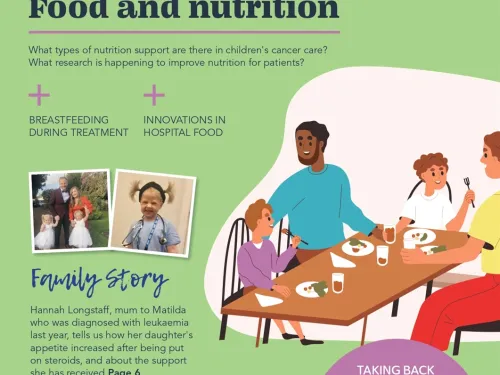
Food and nutrition
In this issue, we learn more about how children are supported with their food and nutrient intake to make sure they stay as healthy as possible throughout their cancer experience and beyond.

In this issue, we learn more about how children are supported with their food and nutrient intake to make sure they stay as healthy as possible throughout their cancer experience and beyond.
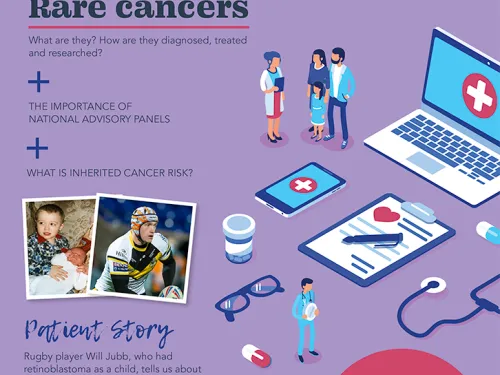
This Contact issue explores the implications and challenges of treating less common and rare cancers in children. It's an area where medical and scientific collaboration and knowledge-sharing, both nationally and internationally, play a key part in finding answers on the best way to treat patients.
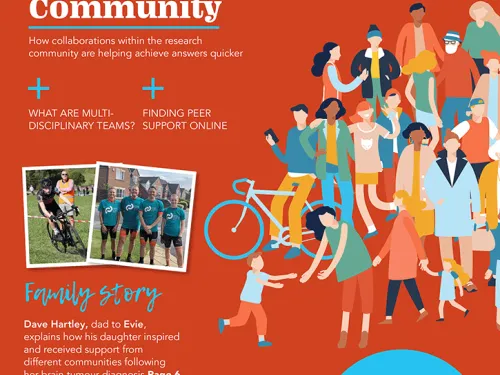
A true community is about feeling connected and responsible for what happens and bringing comfort and kindness during difficult times. Friends, neighbours, work colleagues, hospital staff and other families facing the same diagnosis are all types of communities that can give help and support. Wider medical and scientific communities also exist where professionals work together, both nationally and internationally, to drive positive change for all children with cancer. Communities are all around us - we just need to reach out and ask for help.
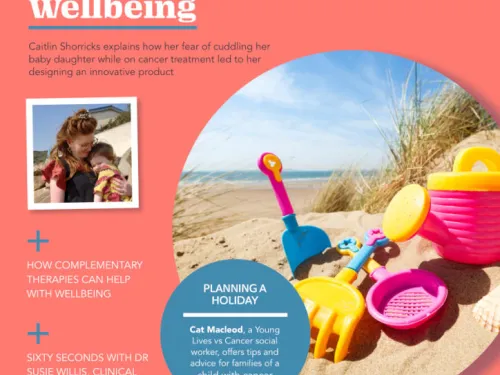
It can be a challenge to go on holiday when a child has cancer, but it's a chance for families to leave the clinical routine behind and escape for a few days. Our helpful guide on pages 8-9 offers support and advice on planning a holiday. Sunny days can always help lift our mood and improve our emotional wellbeing even when life isn't going as planned. Elsewhere, psychologist Dr Amandeep Samrai gives expert tips on self-care and coping strategies and explains where to access support.
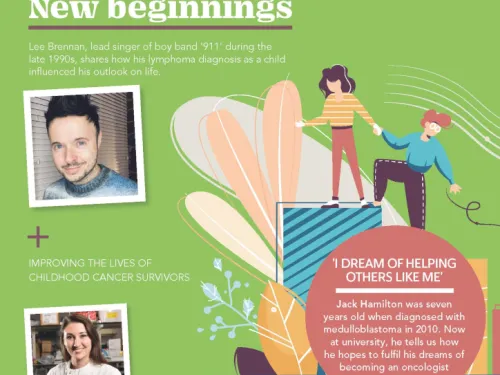
When one door closes and a new one opens, it's a time of reflection and acceptance as well as the promise of a fresh start and opportunity. After a cancer diagnosis, families are thrown into an unfamiliar and distressing world of hospitals and treatment. This first issue of Contact for 2022 is on 'New Beginnings' and shows how families and patients can learn to live life again.
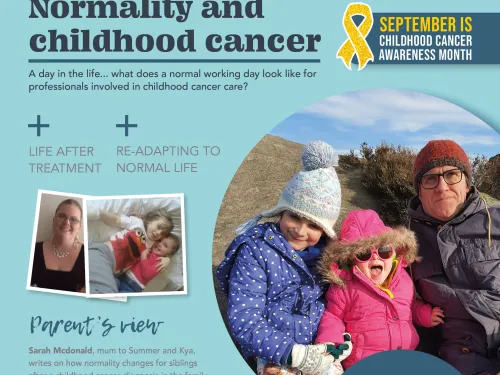
Nothing about the last 18 months has been ‘normal’. We have lived through an extraordinary global event which has left its mark on all of us in some way. It’s unimaginable to know that families have not only had to face the devastation of being told their child has cancer but have also had to live through the pandemic. Life really has changed beyond all recognition for such families and adapting to a ‘new normal’ must seem even harder. But families are not alone - help and support is still there for you despite lockdown and restrictions. Read this issue to find out more on how normality is affected by childhood cancer.
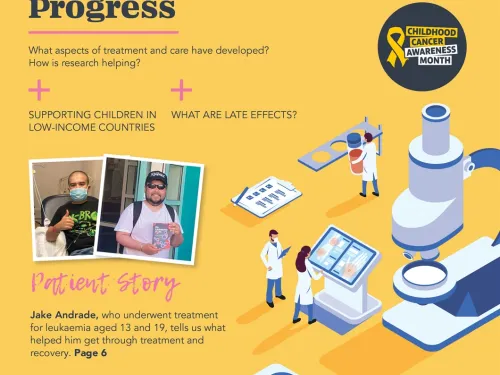
We are celebrating 100 issues of Contact in this edition! To mark this amazing milestone, this issue is dedicated to the incredible progress made in treating and caring for children with cancer.
The relationship between oncologists and parents of children with cancer can be complex and unique, with each family having differing needs. Dr Ren Manias, Consultant Paediatric Oncologist at Southampton General Hospital and Contact's medical adviser, tells us how open and honest communication between doctors and parents is key to developing trust and understanding, and why this is important.
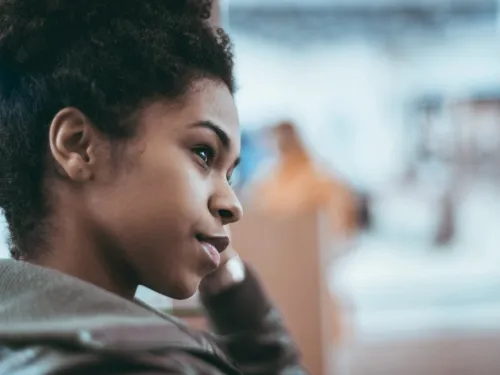
It is devastating to hear that you have cancer and you will have many different feelings and emotions. Learning about your cancer and what to expect during treatment and beyond can be a helpful way of coping with what's happening to you.
Sophie Hartley was eight years old when diagnosed with bone cancer in 2005. Now 27, she explains how this affected the relationship she has with herself.